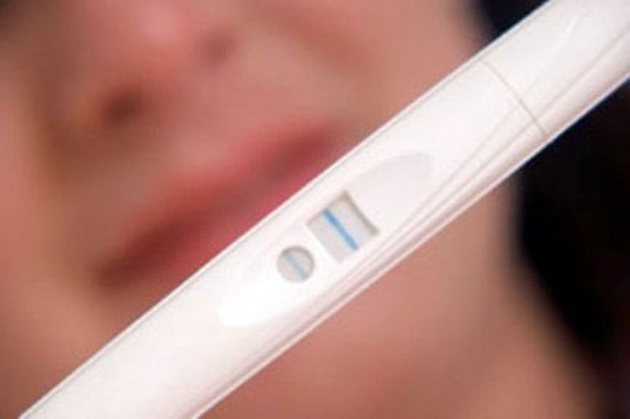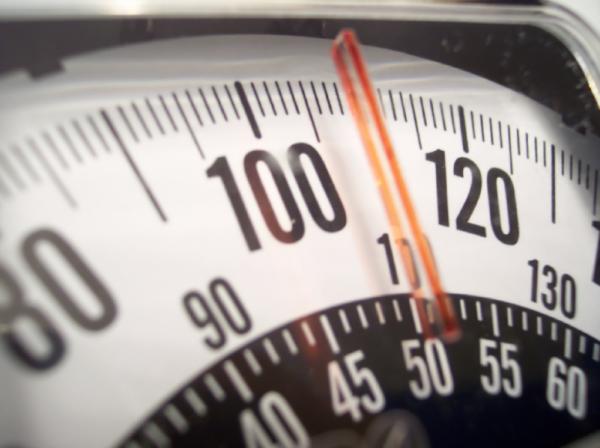 Simple Health Tips To Help You Get Pregnant
Simple Health Tips To Help You Get Pregnant

Getting pregnant might seem like a no-brainer, but for some couples can find it to be the most challenging period of their lives, especially when they face problems with infertility. And while modern medicine can also help, there's no guarantee that it will work since the reasons behind infertility still haven't been defined.
Nevertheless, here are some useful tips for couples to keep in mind when trying for a baby that could help increase their chances:
Eat Healthily

One of the most common causes of unexplained infertility in women is "ovulatory dysfunction," which has to do with problems with ovulation. Many doctors believe that diet plays a big role, and researchers at the Harvard School of Public Health were able to define a group of "fertility foods" able to improve conception odds. These include:
- Eating more monounsaturated fats (like olive oil) and less trans fats (like the kind found in many baked goods or fast foods).
- Increasing intake of vegetable protein (like soy), while reducing animal protein (like red meat).
- Eating more high fiber, low-glycemic foods -- like whole grains, vegetables, and some fruits, while reducing the intake of refined carbohydrates and sugars.
- Consuming moderate amounts of high-fat dairy products -- like ice cream, whole milk, and cheese.
Weight Control

Studies have shown that having either a very low or very high BMI (body mass index) disrupts ovulation and may also affect production of important reproductive hormones. Excess weight could also interfere with fertility even if a woman is ovulating normally.
Reporting in the journal Human Reproduction, researchers documented a 4% decrease in conception odds for every point in BMI above 30. For women whose BMI was higher than 35, there was up to a 43% overall decrease in the ability to conceive.
While something as simply as losing those extra pounds could very well reduce the need for pricey fertility treatments, being too thin can also keep you from conceiving. Women who are extremely lean often have a problem getting pregnant because they are not able to sustain a regular menstrual cycle. If you fall under this category, then it might be more beneficial to gain a little extra weight.
Reduce Stress

Links between stress and infertility have been long debated, but there certainly is evidence that the two are related. Undergoing fertility treatments can be stressful, and patients tend to have more successful outcomes when stress is kept under control. And a recent study has linked stress to a condition known as functional hypothalamic amenorrhea (FHA), which causes irregular or absent menstrual cycles.
So instead of stressing out over not being pregnant, treat yourself more often by indulging in life's simple pleasures. But star away from smoking or drinking alcohol; numerous studies have shown that smoking contributes to both male and female infertility and can even impair the outcome of fertility treatments; excessive alcohol consumption can impair ovulation in women and sperm production in men.






